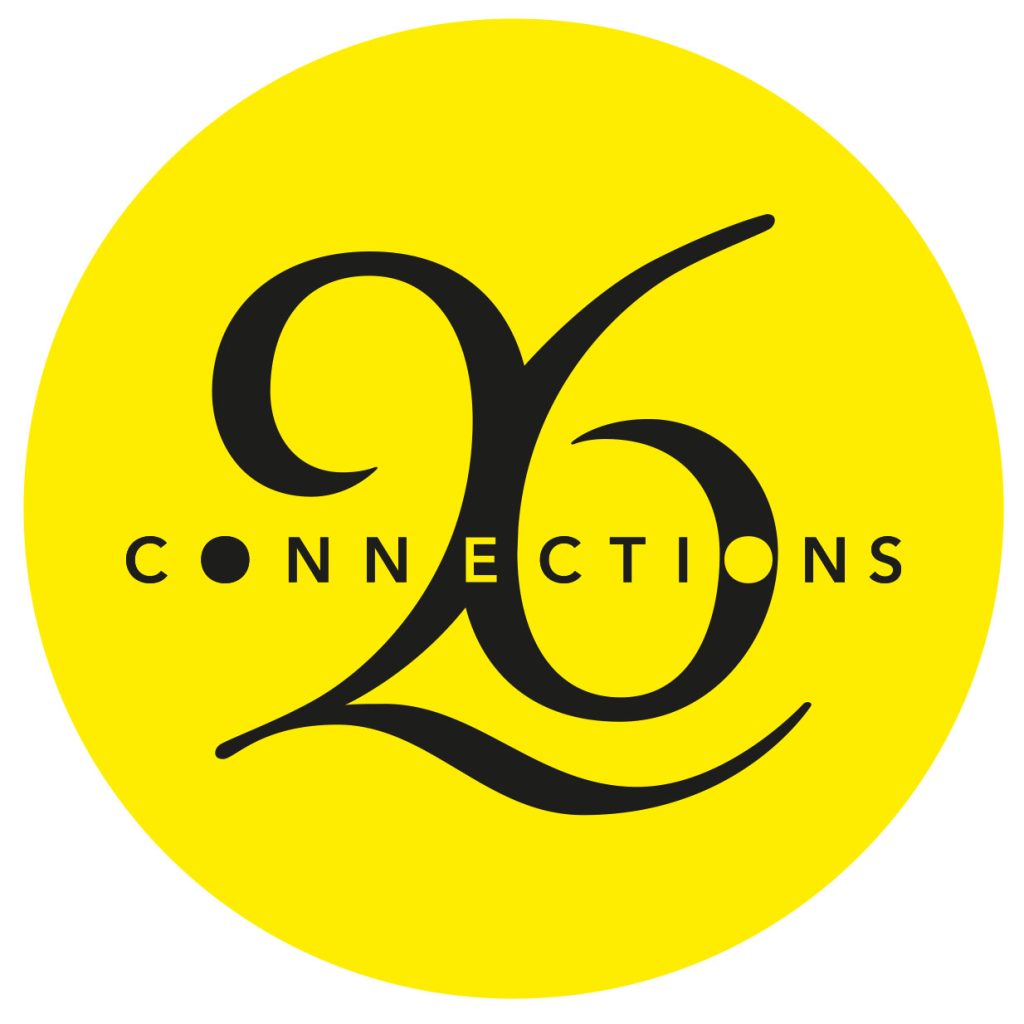Alex Chand & Neil Baker
Reflection
When Neil and I began corresponding in February 2024 for this project, I didn’t anticipate how difficult writing across the Atlantic would be. The most reliable way to connect in real-time was on WhatsApp; most of our correspondence for this project took place in the margins of a shared document and over email.
In the final draft of our poem, “At Dawn,” the speaker chronicles a quiet morning, alone, reflecting on their relationship with a person at a great distance as they meander through a rural landscape:
“Did you look at me in the morning,
morning grazing dull sun on my back?
In this field you wrecked a house. Old,
old loblolly planks collapsing.”
We’re never quite sure of the time and distance between the speaker and you (or for that matter, between the planks collapsing and the field): as we move between stanzas, the distance between the speaker, the you, and the landscape appears to shift.
There’s something so difficult and compelling, affectively, about this unknown distance between the speaker and you, and arriving at this unknown distance was made more complicated by the distance between Neil and myself as we wrote poems back and forth, trying to excavate the world and speaker in this particular poem. Neil wrote in response to the first poem on our shared document:
“I thought about the ‘human.kindness’ idea – the two words mirroring each other in some way. So I wondered if I could dip into a moment or a memory of my own that somehow mirrored yours. And as a unifying constraint, I wondered if I could end with your starting words: at dawn. As I started to write, I noticed a wonderful serendipity: it was the middle of the day for me, but where you are it happened to be dawn.”
By the time we reached the end of our correspondence and went to draft the final poem, however, the time and distance between the speaker and the you of the poem (and also, between the two of us) had become more acute; the sense of wonderful serendipity had dissipated. In a response to a comment from Neil I wrote:
“There’s something so delightful and singular about the world we’ve created in our collaborative poem—wanted to lean into this sonically and focus it visually as much as I could—I loved how many characters we created throughout our poems, and think we did something interesting with dawn/morning that was really unique, so leaned into that as well. I think the father in particular is such an intriguing character and don’t feel like the previous poem was doing him or the “you” justice—the result is that the emotional resonance of the poem stops short of what the speaker demands—wanted to pick one character (in this case, morning) for that reason and see where it went.”
While we held onto repetition of end words as a unifying constraint in our final draft, we arrived at a world that was too big to contain in one poem. Instead, Neil and I were forced to make difficult choices: separately, many hours apart, we cut lines, images, and characters out of our poem, and once again our correspondence, much like our poem, was complicated by distance.
The poems are being displayed as part of the 26 Connections exhibition during the Bloomsbury Festival and until mid-November. The exhibition features interpretations of the poetry by artists from the Lettering Arts Trust. The exhibition is free at the Building Centre, 26 Store Street, London WC1E 7BT

